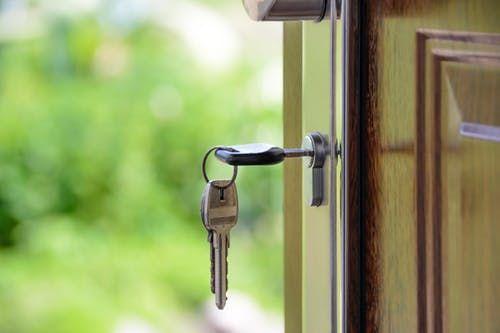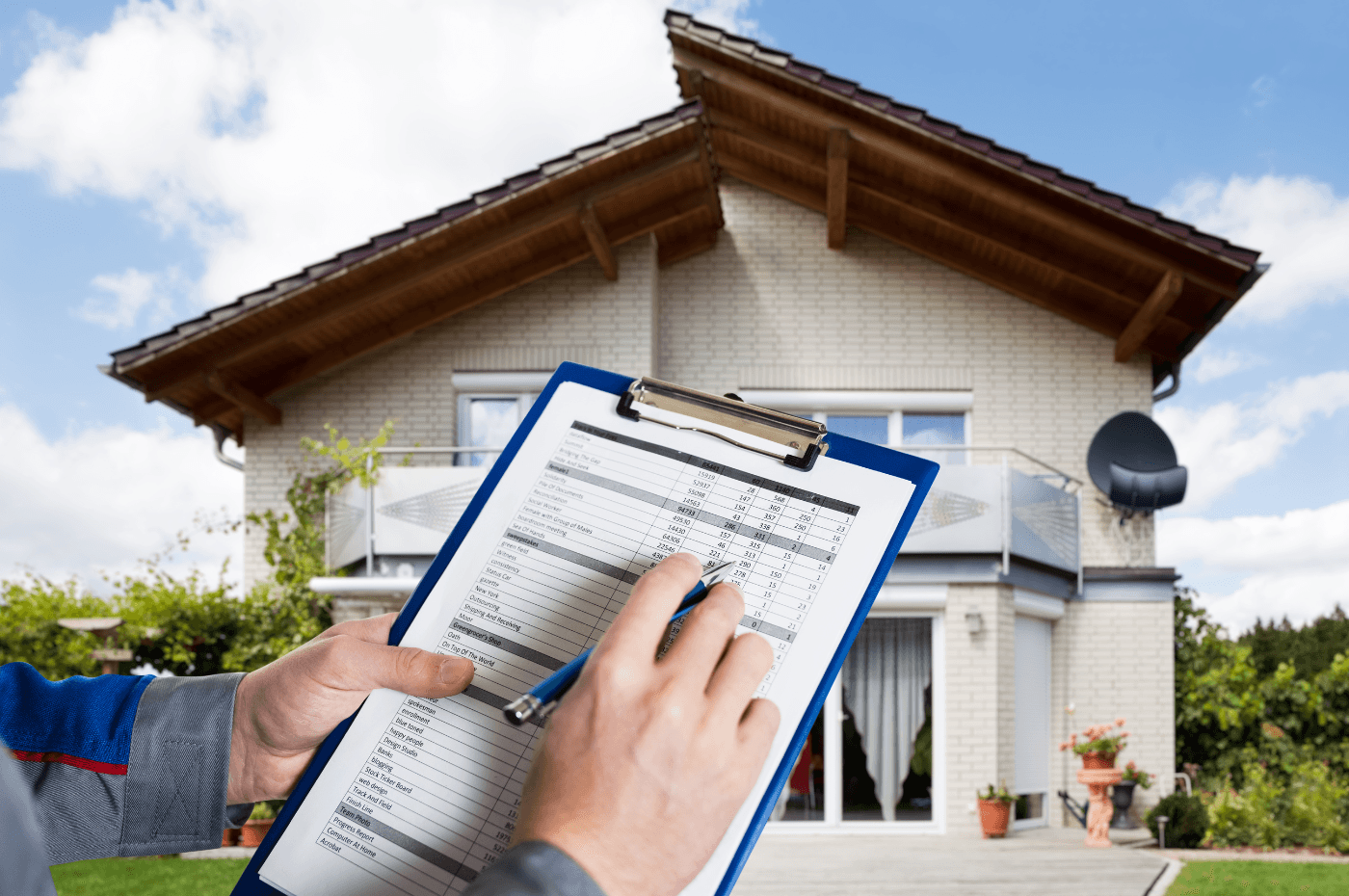Before moving into your dream home, you'll need to sell your current one. To set a fair price that will help you sell your home within a reasonable timeframe, it’s essential to assess its condition and identify any needed repairs.
A presale inspection is key to this process. Here’s everything you need to know about it!
What is a presale inspection?
A presale inspection is a type of home inspection carried out at the request of a homeowner preparing to sell their property. This inspection allows the homeowner to identify any issues or needed repairs before potential buyers do, giving them the opportunity to address these problems in advance.
What is the purpose of a presale inspection?
As you may know, buyers typically conduct a pre-purchase inspection before committing to a house. If they find multiple issues, even small ones, they might withdraw their offer, as many buyers prefer a move-in ready home.
To avoid losing potential buyers, the solution is straightforward: conduct a presale inspection. Here are some of the advantages of doing so.

1. Identify necessary repairs before buyers do
A presale inspection allows you to find out what renovation work needed before putting your property on the market. You can then address these issues yourself or hire a professional to do the work.
This ensures that you present buyers with a house in better condition, increasing the likelihood of attracting interested buyers.
2. Avoid significant price reductions
When a house is presented in the best possible light, potential buyers have fewer reasons to negotiate the price down. A home in poor condition can lead to tough negotiations, with buyers possibly pushing for a price reduction greater than the cost of repairs.
Furthermore, addressing issues before listing your home prevents this scenario and helps you avoid delaying the sale.
If you choose not to make the necessary repairs, you may need to lower your selling price. While this might not be ideal, it ensures your price reflects the home's condition.
3. Show your good faith
A presale inspection demonstrated your commitment to selling the house in good condition. It highlights your transparency and willingness to address any issues upfront. Building trust between the buyer and seller is crucial, and proving your honesty can significantly enhance your chances of move the sale forward.

What aspects of the property are examined during a presale inspection?
During a presale inspection, the home inspector thoroughly examines various components of the house, identifying defects and major issues. This inspection typically includes:
- Checking for proper insulation and potential issues.
- Evaluating the ventilation systems and condition of appliances.
- Detecting any presence of moisture or mould.
- Assessing the integrity of the structure and the foundation.
- Inspecting the surrounding grounds for drainage or other issues.
- Examining the roof, including flashing, soffits, and chimneys.
- Ensuring the electric panel meets current standards.
- Checking the condition and operation of the central air conditioning system.
- Evaluating the watertightness and materials of the plumbing installation.
- Assessing the heating system’s condition.
- Inspecting the exterior of the house.
- Reviewing the condition of finishes, floors, walls, and other interior elements.
Additionally, if the inspector has specialized training in thermography, they might perform a thermographic inspection using a camera to detect water or air infiltration. This can provide valuable insights into hidden issues.
How much does a presale inspection cost?
The cost of a presale inspection varies based on several factors, including:
- Property type
- Building age
- Property size
- Property location
- Inspector choice
In 2024, the estimated costs for an inspection are as follows:
- Condominium: $500 to $850
- Single-Family Home: $650 to $950
- Duplex: $750 to $1,000
- Three-Story Triplex: $850 to $1,250
- Larger properties: over $950
How do I know I've chosen the right building inspector?
To ensure a smooth inspection and accurate findings, selecting the right home inspector is essential. Here are the key criteria to guide your choice:
- Verify that the inspector has errors and omissions insurance.
- Seek positive referrals from family and friends if possible.
- Ensure the inspector has no significant legal issues or complaints.
- Ask for a review of recommendations from previous clients.
- Consider the inspector’s level of experience in the field.
- Check that the inspector provides a detailed report within 48 hours.
- Avoid inspectors recommended by your broker to prevent potential conflicts of interest.

Building inspector: professional associations
To ensure you make the right choice, we also strongly recommend hiring an inspector who is a member of one of the following professional associations:
- L'Association des Inspecteurs en Bâtiments du Québec (AIBQ).
- La Corporation des Inspecteurs Vérificateurs en Qualité de la Propriété (CIVQP).
- L'Association Internationale des Inspecteurs Immobiliers Certifiés du Québec (AIIICQ).
Please note that the Association Nationale des Inspecteurs et Experts en Bâtiments (ANIEB) is now an integral part of the AIIICQ. While real estate inspection in Quebec is not governed by specific standards of practice, membership is one of these associations ensures that the inspector adheres to current building and construction industry standards.
Errors and omissions insurance
Choosing an building inspector with errors and omissions insurance is essential, even if they are recommended, experienced, and a member of a professional association. Indeed, errors and omissions insurance benefits both the inspector and the client.
- For the inspector: this insurance covers the costs associated with lawsuits, including legal fees and any required compensation.
- For the client: it provided protection by ensuring compensation for any omissions, faults, or negligence on the inspector’s part.
Therefore, it’s highly recommended to work with an inspector who has errors and omissions insurance to protect your interests.
Are you looking for an expert for a presale inspection?
XpertSource.com can help you in your efforts to find a building inspector. By telling us about your project, we will refer you to top-rated experts, free of charge! Simply fill out the form (it only takes 2 minutes) and you will be put in contact with the right experts.

